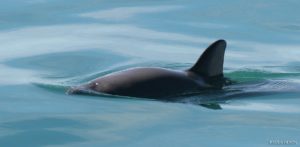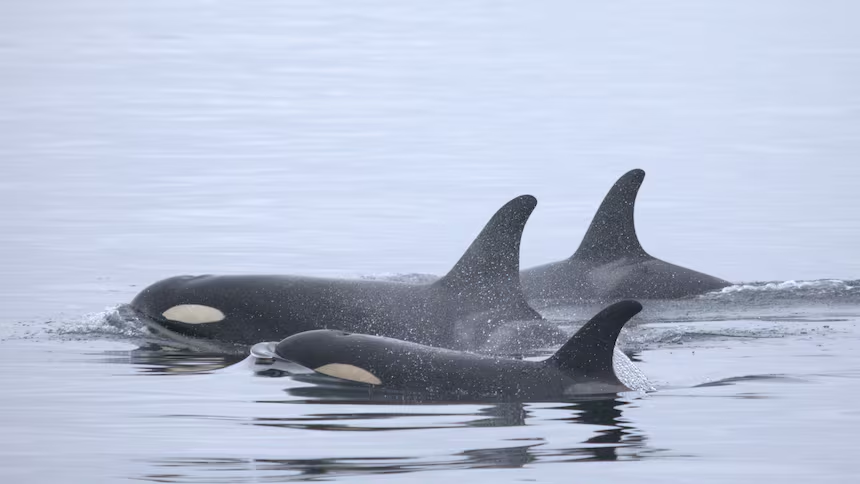 Implemented from September 2016, the ban throughout the vaquita’s entire range in the upper Gulf of California is crucial to avoid extinction of the world’s most endangered cetacean species. Fishermen will have to use specific landing and unloading sites to help enforce protection measures, according to Mexico’s National Aquaculture and Fisheries Commission. Since 2015, the Mexican government had imposed an emergency two-year ban but there were concerns that it would not be renewed so this is welcoming news. With just 60 individuals remaining in the wild, it is believed that the vaquita population has declined by 92% over the last two decades.
Implemented from September 2016, the ban throughout the vaquita’s entire range in the upper Gulf of California is crucial to avoid extinction of the world’s most endangered cetacean species. Fishermen will have to use specific landing and unloading sites to help enforce protection measures, according to Mexico’s National Aquaculture and Fisheries Commission. Since 2015, the Mexican government had imposed an emergency two-year ban but there were concerns that it would not be renewed so this is welcoming news. With just 60 individuals remaining in the wild, it is believed that the vaquita population has declined by 92% over the last two decades.
The gillnets which the animals become entangled in are set to illegally poach an endangered fish, known as the totoaba whose swim bladders sell for a large amount in Hong Kong and China. Trade in totoabas, or their parts, is illegal under both Mexican and U.S. law and on July 22, U.S. President Barack Obama and Mexican President Enrique Peña Nieto announced their bilateral collaboration to protect the vaquita. Now that the ban has become permanent, there are hopes that the vaquita porpoise can bounce back from the situation of near-extinction.



